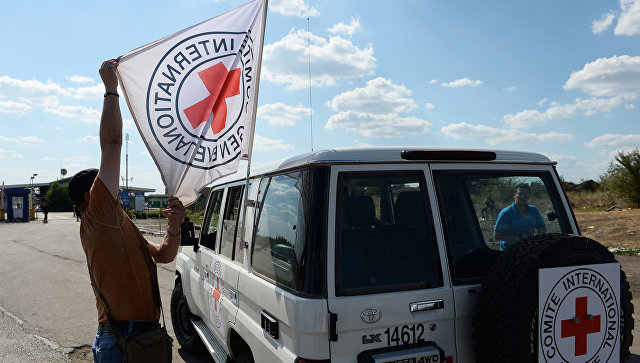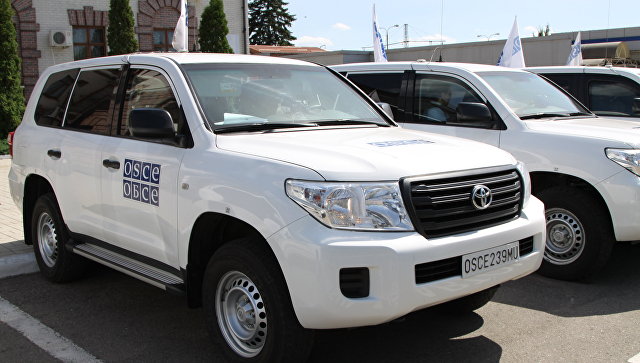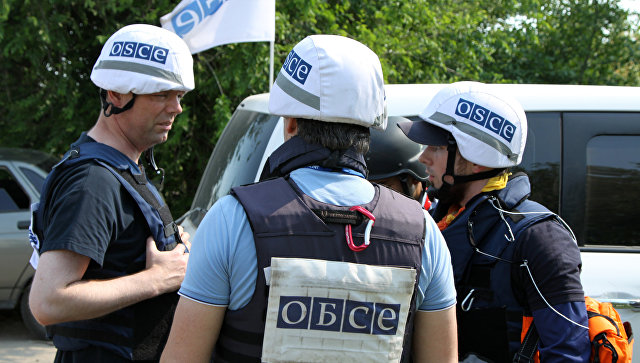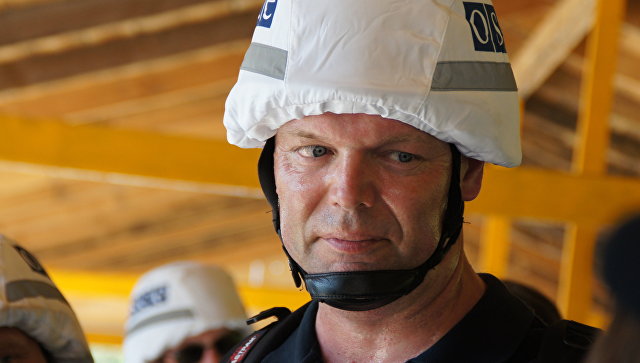
UNHCR/Andrew Mconnell
Rohingya refugees wait for a food distribution in Kutupalong camp, Cox’s Bazar Bangladesh.
28 August 2018
Peace and Security
Despite the efforts made by the United Nations over the past year to help create safeguards for all communities in Myanmar’s Rakhine state, it is clear that conditions are still not suitable for the safe, voluntary, and sustainable return of Rohingya refugees to their home, Secretary-General António Guterres said on Tuesday.
The UN chief was briefing the Security Council on the situation in Myanmar, where 12 months ago a military operation in northern Rakhine state sparked an exodus of desperate Rohingya refugees that quickly became one of the world’s worst humanitarian and human rights crises.
Mr. Guterres’ remarks also follow the release of an independent UN investigation into alleged human rights abuses carried out against the mainly Muslim Rohingya and which called for the country’s military leaders to be investigated and prosecuted for genocide and war crimes.
Cate Blanchett, the Academy Award winning actor and Goodwill Ambassador for the Office of the UN High Commission for Refugees (UNHCR), and Tegegnework Gettu, Associate Administrator of the UN Development Programme (UNDP) also addressed the briefing, which was chaired by Lord Ahmad, Minister of State for the Commonwealth and the UN for the United Kingdom, which currently holds the presidency of the Security Council.
Over 700,000 Rohingya fled Myanmar to ramshackle refugee camps in neighbouring Bangladesh’s Cox’s Bazar area, Bangladesh after being forced from their homes by a military operation which UN human rights chief Zeid Ra’ad al Hussein compared, at the time, to ethnic cleansing.
Mr. Guterres, recounting his experience of visiting the camps this past July, said that he had heard stories of horrendous persecution and suffering.

UN Photo/Evan Schneider
Secretary-General António Guterres addresses the Security Council meeting on the situation in Myanmar. The meeting commemorates the one-year anniversary of the beginning of the Rohingya crisis in 2017.
“One father broke down as he told me how his son was shot dead in front of him. His mother was brutally murdered and his house burned to the ground. He took refuge in a mosque only to be discovered by soldiers who abused him and burned the Quran,” he said.
One distraught woman gestured to a mother cradling her young baby who was conceived as a result of rape and told me: “We need security in Myanmar and citizenship. And we want justice for what our sisters, our daughters, our mothers have suffered.’”
Ms. Blanchett, who visited Bangladesh last year at the invitation of the UNHCR, said she had witnessed similar scenes, and “nothing could have prepared me for the extent and depth of suffering I saw… I have heard gut-wrenching accounts…of grave torture, of women brutally violated, people whose loved ones have been killed before their eyes.”

UN Photo/Manuel Elias
Cate Blanchett, Goodwill Ambassador for the UN High Commissioner for Refugees (UNHCR), addresses the Security Council meeting on the situation in Myanmar.
“I am a mother, and I saw my children in the eyes of every refugee child I met. I saw myself in every parent. How can any mother endure seeing her child thrown into a fire?” she asked the Council.
Like you, I have heard the gut-wrenching accounts. Stories of grave torture, of women brutally violated, people who have had their loved ones killed before their eyes – Cate Blanchett
The trigger for the military crackdown one year ago was a series of attacks on Myanmar security forces by insurgents that were immediately condemned by the Secretary-General. Mr. Guterres said that the disproportionate use of force against civilian populations and the gross human rights violations that followed, could never be justified.
Since then, despite his direct engagement with the Myanmar authorities, and the launch of several UN system initiatives on the ground, the Secretary General has expressed concern regarding the dramatic humanitarian and human rights situations, as well as the risks to regional peace and security of further degeneration.
This engagement includes the advancement of a policy of engagement and unified action to defuse tensions and build trust, and the appointment of Christine Schraner as Special Envoy on Myanmar, which has led to a process of broad consultations with the Government, military, civil society and women’s groups.
Mr. Guterres said that, despite the signing of a Memorandum of Understanding (MOU) by the Myanmar authorities and UN agencies in June, the country’s leaders have not made the investment in reconstruction, reconciliation and respect for human rights necessary for all communities to live improved and resilient lives in Rakhine state.
UNDP’s Mr. Gettu said the agency shares international concerns about the situation in Rakhine and the plight of the Rohingya, and he emphasised the need to address Rakhine’s significant development challenges and to lift restrictions on free movement and access to services.
The UNDP, UNHCR and other UN agencies have been implementing the MOU, and working in Rakhine to put a wide-ranging development and humanitarian assistance initiative in place with support from major donors. He underlined that addressing the needs of the refugees in Cox’s Bazaar, Bangladesh, is also of primary importance.

UN Photo/Evan Schneider
Tegegnework Gettu, Associate Administrator of the UN Development Programme (UNDP), briefs the Security Council meeting on the situation in Myanmar.
Mr. Guterres asked the Security Council to urge Myanmar’s leaders to ensure immediate, unimpeded and effective access for the Organization’s agencies and partners, and release journalists arrested for reporting on the human tragedy.
He added that there can be no excuse for delaying the search for dignified solutions that will allow people to return home, and benefit from freedom of movement, an end to discrimination and the re-establishment of the rule of law.
His call for action was amplified by Ms. Blanchett, who said that “the focus of all our efforts must be to provide much-needed support inside Bangladesh while working to ensure conditions in Myanmar are conducive to return.”
Mr. Guterres concluded with a call for accountability as an essential prerequisite for regional security and stability, and for the Security Council to give serious consideration to the report released on Monday by the UN-appointed Independent International Fact-finding Mission on Myanmar.
He added that effective, international cooperation will be “critical to ensuring that accountability mechanisms are credible, transparent, impartial, independent and comply with Myanmar’s obligations under international law.”
https://news.un.org/en/story/2018/08/1017952
http://creativecommons.org/licenses/by/3.0/legalcode






















